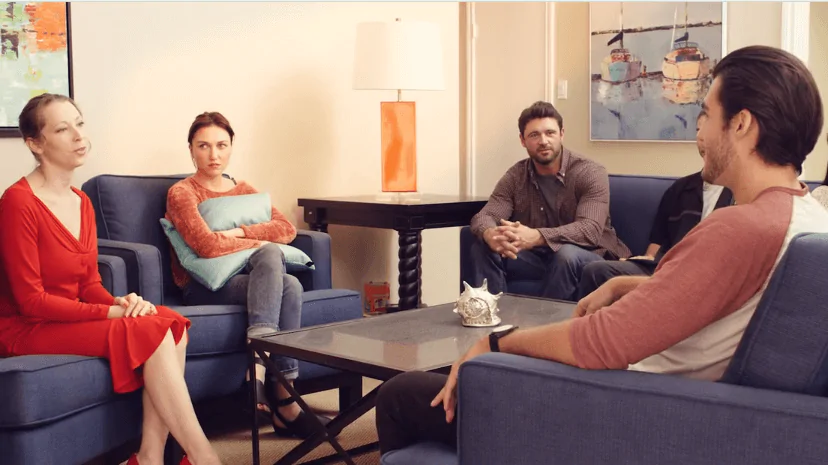24/7 Helpline:
(866) 899-111424/7 Helpline:
(866) 899-1114
Learn more about Codeine Detox centers in Union
Codeine Detox in Other Cities

Other Insurance Options

Anthem

United Health Care

Optum

Multiplan

Molina Healthcare

Meritain

WellCare Health Plans

Magellan Health

Oxford

Health Partners

Group Health Incorporated

Excellus

Sutter

Covered California

Providence

Lucent

Evernorth

Cigna

Ceridian

Coventry Health Care



















































































